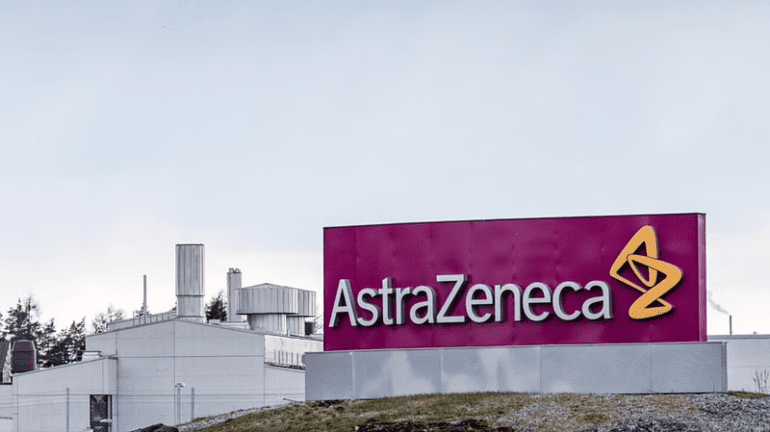TL;DR:
- AstraZeneca has partnered with Absci Corporation in a $247 million deal to utilize AI technology for cancer drug development.
- The collaboration focuses on harnessing Absci’s AI-driven protein analysis to expedite oncology therapy discovery.
- This partnership is part of AstraZeneca’s broader goal to replace traditional chemotherapy with targeted drugs.
- The deal includes upfront fees, research funding, milestone payments, and royalties on product sales.
- AstraZeneca aims to enhance biologic discovery through AI integration, fostering diversity in its offerings.
- Moderna’s $1.7 billion collaboration with Immatics in September is a similar example of pharmaceutical companies investing in cancer research using advanced technologies.
Main AI News:
In a groundbreaking move within the pharmaceutical industry, AstraZeneca has solidified a substantial agreement valued at up to $247 million with Absci Corporation, a leading AI-driven biotechnology firm based in the United States. This strategic alliance marks another milestone in the rapidly expanding landscape of artificial intelligence’s role in revolutionizing drug discovery. The primary objective of this collaboration is to leverage Absci’s cutting-edge AI technology, specializing in large-scale protein analysis, to expedite the creation of a promising oncology therapy—a paramount focus for the esteemed Anglo-Swedish pharmaceutical giant, AstraZeneca.
This partnership adds to the burgeoning trend of major pharmaceutical players joining forces with innovative AI startups to pioneer novel disease treatments while concurrently reducing the exorbitant costs associated with their development. Sean McClain, the visionary founder and CEO of Absci, emphasized the pivotal application of engineering principles to the drug discovery process. He highlighted how this approach enhances the prospects of success and significantly diminishes the time required for development. The comprehensive deal encompasses an upfront fee allocated to Absci, research and development funding, milestone-based payments, as well as royalties on potential product sales.
Absci, headquartered in Washington state with an AI research laboratory based in New York, amasses proprietary data through the measurement of millions of protein interactions. Subsequently, it utilizes this wealth of information to train its generative AI model, ultimately enabling the design and validation of viable antibodies—proteins engineered to target foreign substances within the human body. The specifics regarding the precise type of cancer under consideration in this collaboration remain confidential. Nonetheless, it aligns seamlessly with AstraZeneca’s ambitious agenda to supplant traditional chemotherapy with a new wave of precisely targeted drugs. Notably, in October, AstraZeneca unveiled the remarkable outcomes of clinical trials for innovative treatments dedicated to combatting lung and breast cancers—a feat celebrated as a “massive achievement” within the industry.
Puja Sapra, a distinguished Senior Vice President at AstraZeneca, responsible for leading biologics engineering research and development, expressed her enthusiasm regarding the prospects of utilizing Absci’s AI-powered antibody creation capabilities. She emphasized that AI is not only enhancing the efficiency and expediency of their biologics discovery process but also diversifying the spectrum of biologics they unearth. Sapra underscored AstraZeneca’s comprehensive integration of AI across its discovery and development phases, combining in-house expertise with strategic collaborations like the one forged with Absci.
The development of anti-tumor drugs utilizing cutting-edge technologies has become a pivotal focal point in collaborations between major pharmaceutical conglomerates and agile, forward-thinking research entities. In a noteworthy agreement that transpired in September, Moderna, a leading biotechnology firm based in the United States, committed to a collaboration potentially exceeding $1.7 billion with Germany’s Immatics. This strategic partnership revolves around harnessing T-cell receptor technology to target proteins intricately linked with cancer—an endeavor that holds great promise for the future of cancer treatment.
Conclusion:
This strategic partnership between AstraZeneca and Absci Corporation signifies a significant step forward in the pharmaceutical industry’s embrace of AI-driven innovation for drug development. It not only enhances AstraZeneca’s capabilities in biologics discovery but also underlines the growing trend of major pharmaceutical players seeking collaborations with AI-focused firms to advance cancer treatment solutions. This shift toward precision medicine and AI-driven drug development has the potential to reshape the oncology market, offering more targeted and effective therapies in the future.

